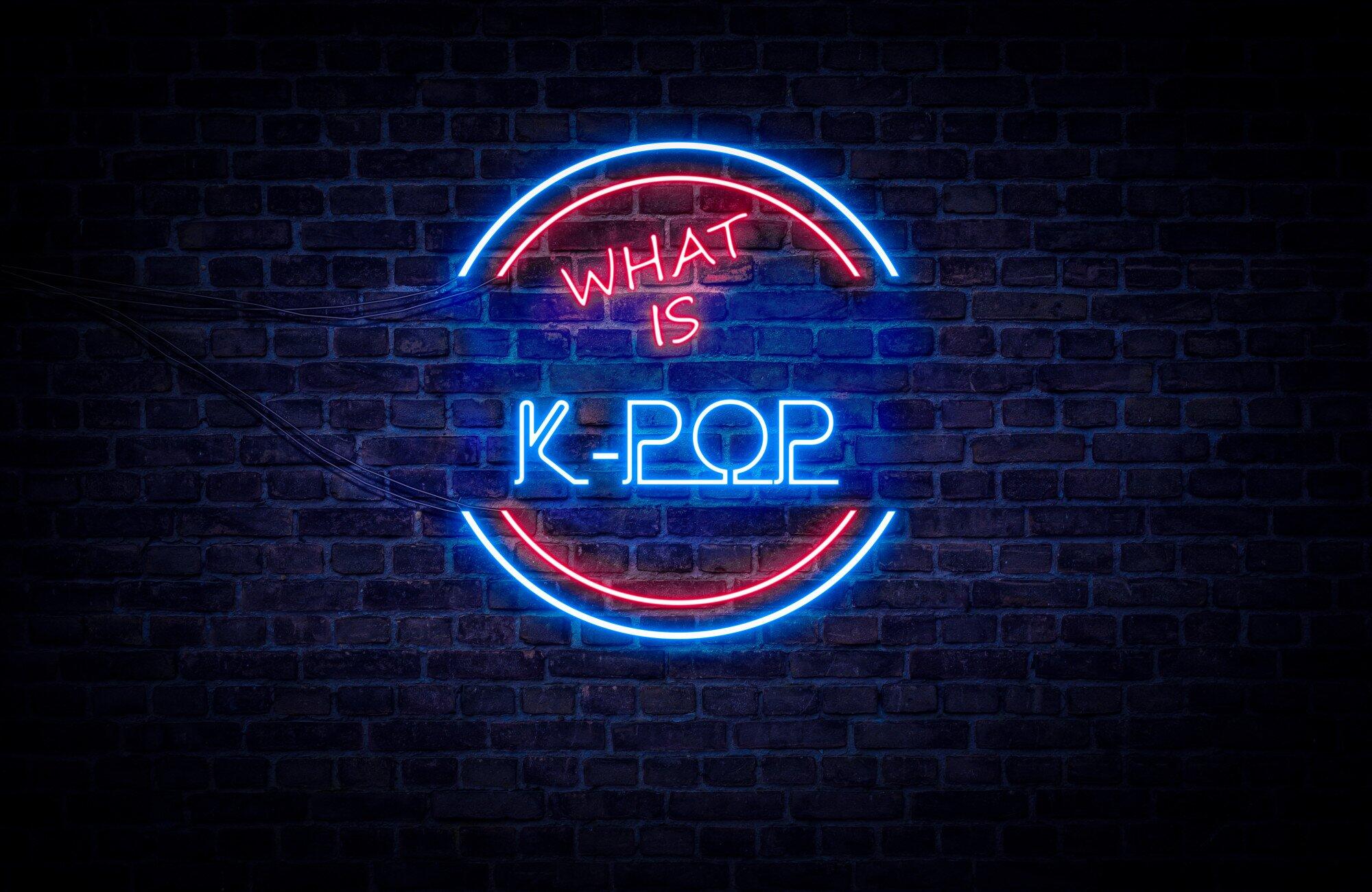K-pop broke through the South Korean border nearly a decade ago, with K-pop groups rivaling the popularity of some of the biggest pop groups in history. Last year, global K-pop video and audio streaming rose by 42% thanks in large part to Japanese and American fans.
What has driven K-pop’s rise in popularity? Why is the K-pop identity now a global phenomenon? We’re here to talk about everything from the appeal of the music to the unique fan behavior that surrounds K-pop.
Read on to learn everything you need to know about why K-pop fans feel so much love for their favorite South Korean bands.
Heavy Hitters Like BTS
It’s impossible to talk about the global success of K-pop without talking about BTS, one of the most famous K-pop groups of all time. BTS was founded in 2010 as a hip-hop group but by the mid-2010s, they started cranking out hits about teenage-friendly topics like love, heartbreak, and coming of age.
By 2017, BTS was leading the K-pop wave in the US market, paving the way for more groups to follow. While BTS takes a hiatus, fans continue to stream their old releases along with albums by BLACKPINK, BIGBANG, SEVENTEEN, and more.
Bilingual Lyrics
When you think about bands that people love (especially teens and young adults, who make up the majority of contemporary pop music listeners), you may envision them singing along to the lyrics. This is one of the reasons that international musicians tend to struggle to break ground in the West.
K-pop offers a unique solution without forgoing the Korean language. In many K-pop songs, a handful of lyrics are sung in English, whether it’s a short intro, part of the chorus, or the bridge. This creates a launching point for non-Korean speakers to engage with and learn about K-pop despite cultural and social differences.
Genre Fusion
Avid K-pop fans will be the first to tell you that K-pop is not so much a genre as it is an umbrella term for any pop-inspired music that comes out of South Korea. In fact, K-pop groups masterfully combine genres so that there’s something enjoyable for everyone.
Many of the K-pop bands that have achieved global fame pull their influences from hip-hop, bubblegum pop, or rock ‘n’ roll. However, it’s easy to find techno-inspired K-pop songs, orchestral K-pop songs, punk K-pop songs, and even country-inspired K-pop songs. Many bands will vacillate between genres from song to song or album to album.
Algorithmic Production
Though we may want to believe that our favorite artists are toiling away in the studio and writing all original hits, this isn’t exactly how K-pop production tends to work. Most groups have an in-house production team that churns out polished songs at a speed that is rarely rivaled.
Polished music isn’t the only thing K-pop producers guarantee. K-pop groups also release bright, appealing music videos and put on concerts with high-quality production value, from staging to choreography. This algorithmic approach leaves little room for disappointment and a lot for fans to love.
Social Media Presence
Social media makes it easier for fans to connect with artists and artists to connect with the world. If there’s one thing that’s hard to overlook in the world of K-pop identity, it’s the fan practices surrounding social media. On platforms like Instagram and Twitter, you’ll find fans with K-pop avatars, fan accounts, and a ride-or-die approach to defending specific groups.
Naturally, K-pop groups and individual members have their own social media presence. Fans can follow their accounts to stay on top of the latest release dates, tours, and more. This creates a sense of closeness (a defining factor of the para-social relationship) that musicians couldn’t achieve as easily in the past.
Political Factors
Though K-pop groups tend to remain silent about politics (something that is baked into their contracts in many ways), a BTS Tweet from 2021 propelled K-pop popularity with American audiences. The Tweet came in response to an outbreak of violence against Asian Americans and became the most reposted Tweet of the year.
Social and political movements often have a major impact on pop culture. This is especially in America, where the two are intertwined. The group’s heartfelt post reached millions of concerned citizens, even those who had never given K-pop much attention prior.
Archetypal Personalities
In South Korea, many of the subjects we see as commonplace in the US are still considered taboo. As a result, you won’t find many K-pop songs covering explicit topics. You also won’t find group members sharing much about their personal lives.
As part of the producer’s marketing tactics, group members tend to get pigeonholed in archetypal social identities. There are bad boys, but there are also shy boys, sweet girls, and an overarching sense of youth and purity. Not only does this make K-pop palatable to a younger audience, but it makes it easy for fans to speculate about and project onto their favorite K-pop idol’s true personality.
Interest in Korean Culture
The interest in Korean culture doesn’t stop with K-pop. For example, the Korean diaspora has fueled a global love for Korean cuisine. In metropolitan areas around the world, you’ll find both authentic Korean food and unique fusions.
Korean skincare is another cultural vestige with major sway. Skincare enthusiasts of all races and ethnicities value Korean products and methods for keeping skin healthy and young. To a lesser degree, the same is true of Korean haircare products.
Does the wider interest in Korean culture fuel the K-pop identity? Not exactly, but for some fans, the two go hand in hand.
The K-Pop Identity Is Here to Stay
K-pop crossed borders in the mid-2010s thanks to popular bands like BTS and BLACKPINK. Though pop music will always evolve, it’s clear that K-pop (and the K-pop identity) has a special hold on the hearts of listeners around the world.
Are you looking for more tips, tricks, and trends inspired by pop culture? Take a look around as we cover everything from styling and fashion to health and beauty.










